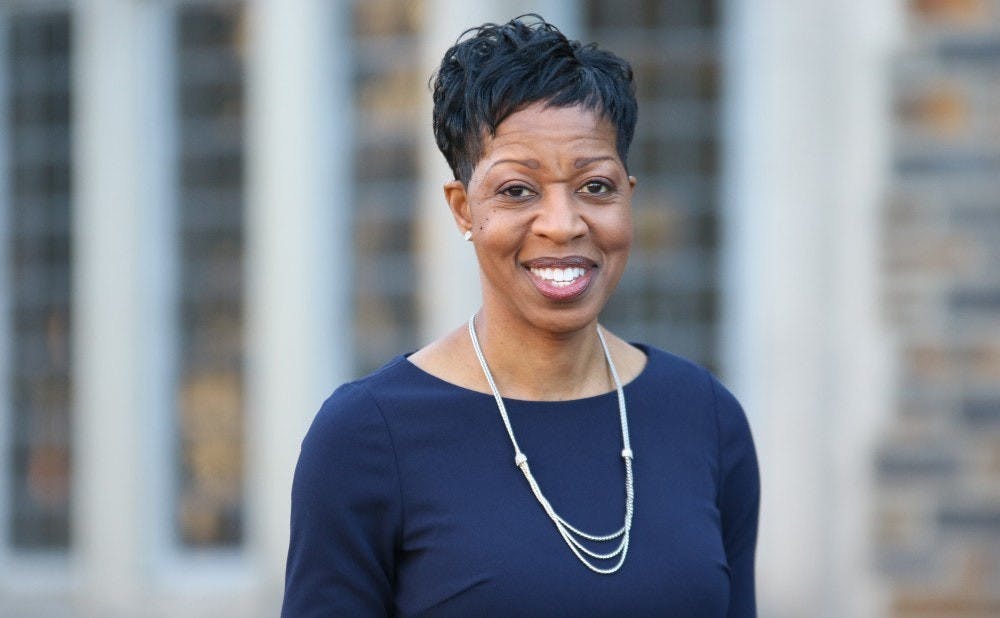A new undergraduate education initiative will seek to achieve “consistent excellence” across the Trinity College of Arts and Sciences, Trinity Dean Valerie Ashby explained.
After a revamped Trinity curriculum was debated and voted down by the Arts and Sciences Council in Spring 2017, the Council started to explore potential improvements to the introductory undergraduate curriculum. Now, some departments are beginning to implement those changes.
“Our goal is to create new pathways, illuminate existing pathways and remove obstacles to learning so they can have a transformative educational experience,” Ashby wrote in an email to The Chronicle.
For example, the economics department announced earlier this year that Economics 101 would be graded as “satisfactory/unsatisfactory” beginning in the Fall semester.
Ashby wrote that it was “too soon to say for sure” whether the pass/fail trend would spread to other departments, which are developing pilot projects based on their student profiles and what is appropriate for their discipline.
In 2018, each Trinity department submitted recommendations to advance the initiative of improving the curriculum. These were sorted into categories based on the idea’s status at the Arts and Sciences Council’s December 2018 meeting.
Ashby said that in recent years, the psychology and neuroscience department has modified introductory courses to include more demonstrations and other content that challenges students. Additionally, the department has incorporated advanced undergraduates as teaching assistants.
As a measure of early success, Ashby mentioned that Duke will host a national conference on the teaching of introductory psychology this summer.
The classical studies department is also in the process of altering its curriculum, Ashby added.
The department is developing courses that are designed to help students without a prior interest in the ancient Mediterranean find the appeal in the ancient past. Democracy: Ancient and Modern as well as Greek and Roman Law are two examples of courses that have come out of the initiative.
Some seats in popular upper-level classical studies courses are now reserved for first-years and sophomores, and the department is working on redesigning an advanced Latin curriculum tailored to students who have experience with the language.
Ashby cautioned that the initiative to improve the Trinity curriculum will take time and urged faculty to drive the change.
“I have no doubt that our students will tell us if we’re successful,” she said.
Get The Chronicle straight to your inbox
Sign up for our weekly newsletter. Cancel at any time.

